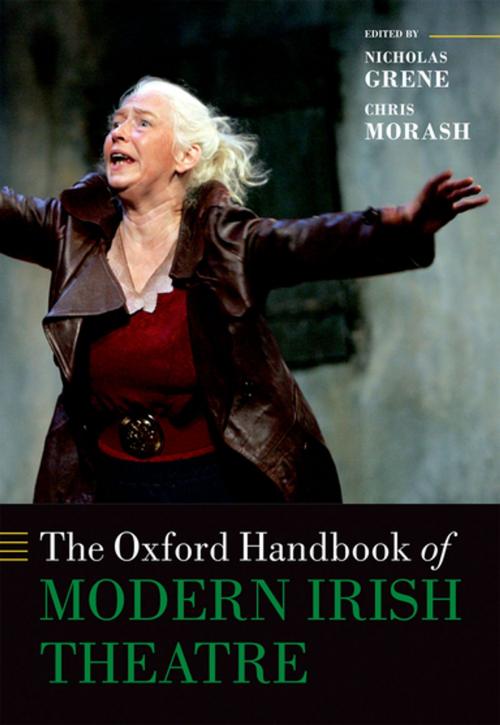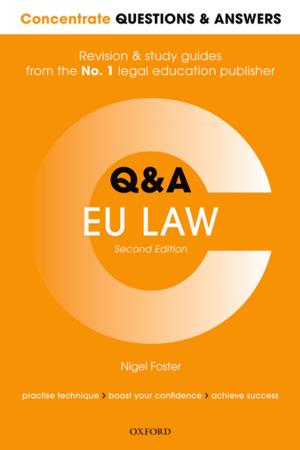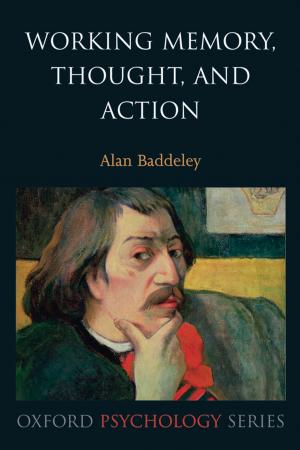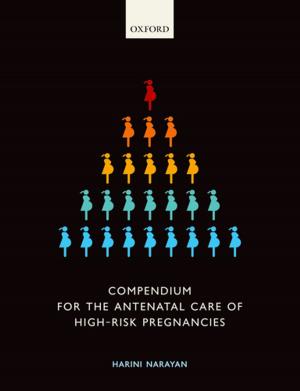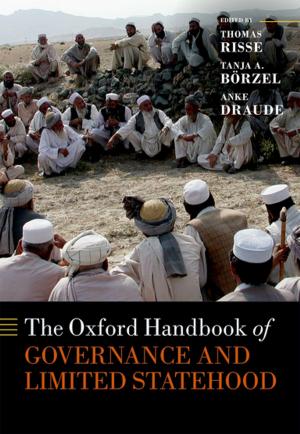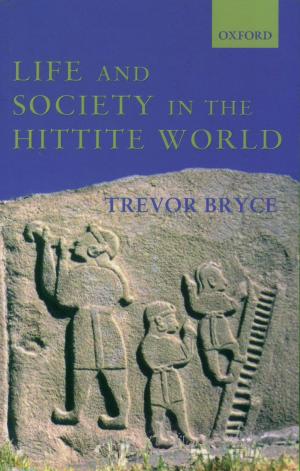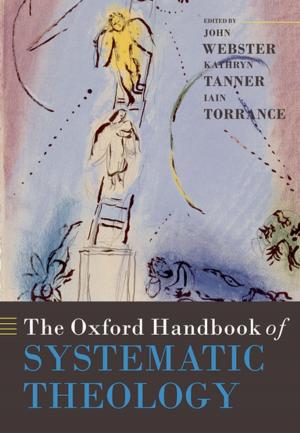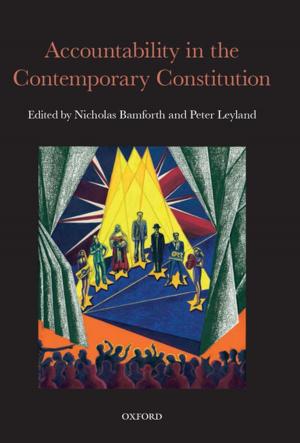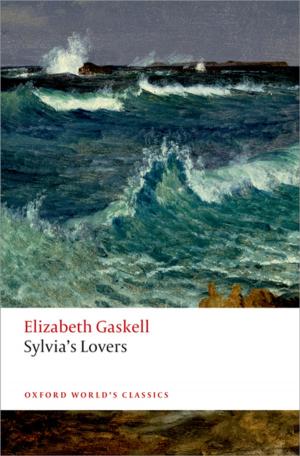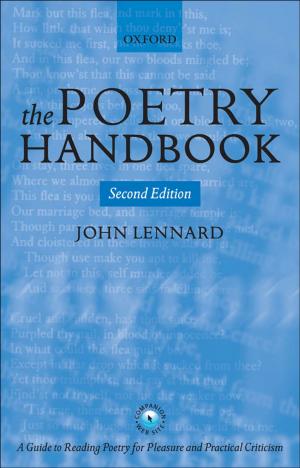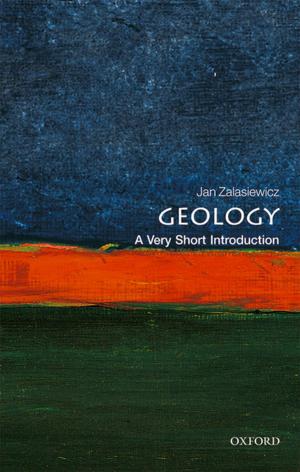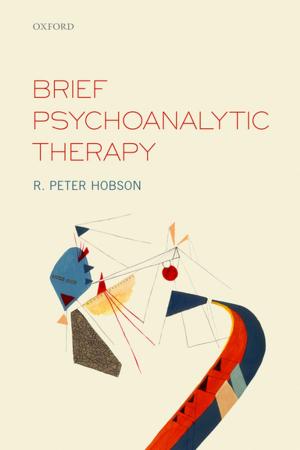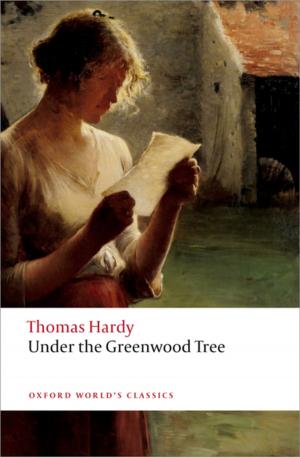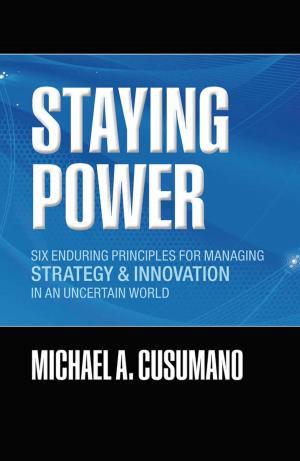The Oxford Handbook of Modern Irish Theatre
Fiction & Literature, Literary Theory & Criticism, British, Nonfiction, Entertainment, Performing Arts| Author: | ISBN: | 9780191016349 | |
| Publisher: | OUP Oxford | Publication: | July 28, 2016 |
| Imprint: | OUP Oxford | Language: | English |
| Author: | |
| ISBN: | 9780191016349 |
| Publisher: | OUP Oxford |
| Publication: | July 28, 2016 |
| Imprint: | OUP Oxford |
| Language: | English |
The Oxford Handbook of Modern Irish Theatre provides the single most comprehensive survey of the field to be found in a single volume. Drawing on more than forty contributors from around the world, the book addresses a full range of topics relating to modern Irish theatre from the late nineteenth-century to the most recent works of postdramatic devised theatre. Ireland has long had an importance in the world of theatre out of all proportion to the size of the country, and has been home to four Nobel Laureates (Yeats, Shaw, and Beckett; Seamus Heaney, while primarily a poet, also wrote for the stage). This collection begins with the influence of melodrama, and looks at arguably the first modern Irish playwright, Oscar Wilde, before moving into a series of considerations of the Abbey Theatre, and Irish modernism. Arranged chronologically, it explores areas such as women in theatre, Irish-language theatre, and alternative theatres, before reaching the major writers of more recent Irish theatre, including Brian Friel and Tom Murphy, and their successors. There are also individual chapters focusing on Beckett and Shaw, as well as a series of chapters looking at design, acting, and theatre architecture. The book concludes with an extended survey of the critical literature on the field. In each chapter, the author does not simply rehearse accepted wisdom; all of the contributors push the boundaries of their respective fields, so that each chapter is a significant contribution to scholarship in its own right.
The Oxford Handbook of Modern Irish Theatre provides the single most comprehensive survey of the field to be found in a single volume. Drawing on more than forty contributors from around the world, the book addresses a full range of topics relating to modern Irish theatre from the late nineteenth-century to the most recent works of postdramatic devised theatre. Ireland has long had an importance in the world of theatre out of all proportion to the size of the country, and has been home to four Nobel Laureates (Yeats, Shaw, and Beckett; Seamus Heaney, while primarily a poet, also wrote for the stage). This collection begins with the influence of melodrama, and looks at arguably the first modern Irish playwright, Oscar Wilde, before moving into a series of considerations of the Abbey Theatre, and Irish modernism. Arranged chronologically, it explores areas such as women in theatre, Irish-language theatre, and alternative theatres, before reaching the major writers of more recent Irish theatre, including Brian Friel and Tom Murphy, and their successors. There are also individual chapters focusing on Beckett and Shaw, as well as a series of chapters looking at design, acting, and theatre architecture. The book concludes with an extended survey of the critical literature on the field. In each chapter, the author does not simply rehearse accepted wisdom; all of the contributors push the boundaries of their respective fields, so that each chapter is a significant contribution to scholarship in its own right.
